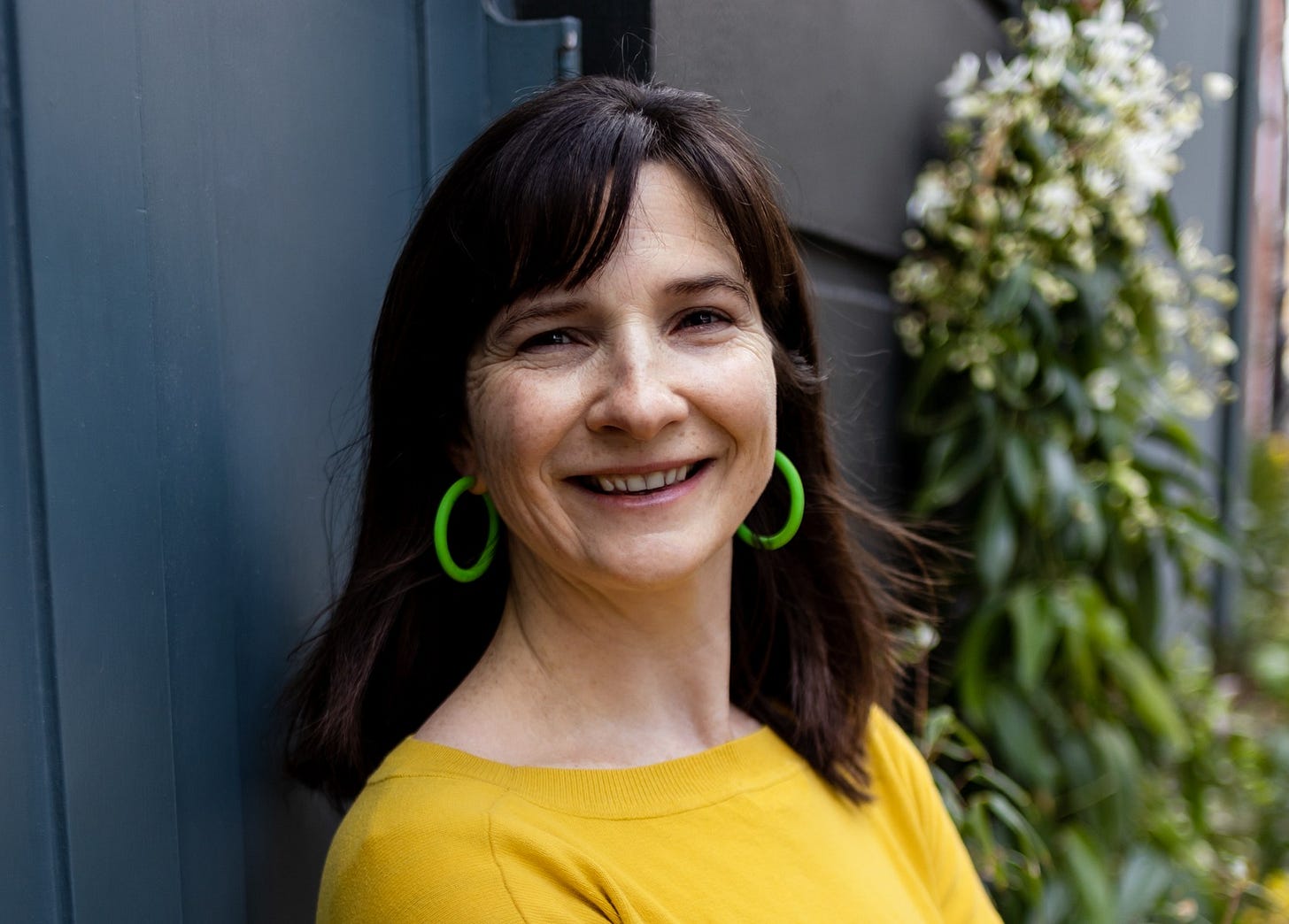Why do we need to adapt?
In the first of a three-part series, adaptation expert Susannah Fisher explains why the scale of climate impacts poses hard choices around how to live safely in the climate-changed world.
By Susannah Fisher
Climate change will make areas around the world unliveable and others more difficult to survive in. Some people living in low-lying coastal areas or on small islands may need to move per
manently away from rising seas. Others such as those in cities in South Asia will face extreme heat that is almost unbearable, at least in the hottest times of the year.
Water scarcity will become an increasingly urgent issue due to changing patterns of rainfall, loss of glaciers, and saltwater intrusion into freshwater supplies. Some food producing regions will become unsuitable for food production and diseases will spread into new areas. Forests and other natural systems will be under pressure from the increased heat, and changing rainfall and will support fewer people living close by.
By 2050 more than 1 billion people living in low-lying cities and settlements will be at risk from the impacts of climate change along the coast. If they or their governments have invested in adaptation measures like sea walls, raised buildings, maintained floodplains or engineered sand dunes, they might not be affected initially. But at some point, even sea defences may not be enough.
All of these changes mean there will be many individuals, households and communities whose lives are becoming slowly more difficult on a daily basis, as well as those who will be hit by a major storm, flood or drought. They will need to adapt to the changing climate.
Scale, speed
A few years ago, Lea Berrang-Ford, a professor at the University of Leeds, brought together a team to analyse huge amounts of peer-reviewed research on adaptation. The work, published in the leading journal Nature Climate Change, showed that adaptation so far has been small-scale.
It has focused on tweaking current policies and programmes and has been uneven across the world. In some cases this may be enough to respond to climate change within existing systems and places. For example, farmers in sub-Saharan Africa may experience changes in rainfall that can decrease how much of their crops they harvest.
Adaptation can help: in some areas by using improved forms of irrigation and new crop varieties, they may be able to achieve a similar level of productivity as before. Construction workers in Greece might be able to manage the increased heat through shifting their working patterns to avoid the hottest parts of the day. However, as the scale and speed of climate change impacts become clearer, it is increasingly obvious that in many cases we need to go further and faster to adapt.
Not only will we need more money, as the costs of climate change increase, societies will need to make some hard choices about how to live well as the planet warms. These are choices like when to relocate away from low-lying coastal areas, how to maintain global food supplies when parts of the world are hit by simultaneous droughts, and when to move species to cooler climates. And there are trade-offs to be made.
Hard choices
There are limits to how much individuals, businesses and governments are willing to spend to protect specific places or things, and how much risk people are willing to bear.
These are not only technical choices, they are political ones. Some involve how the market works, how global supply chains and big business operate and the relationships between countries in times of scarcity. The choices are enmeshed in global geopolitics and complex systems spanning multiple public and private players around the globe.
Even so, there is a crucial role for local, national and global politics in making and shaping these hard choices and making visible the great injustices of the impacts of climate change. Leaving these hard choices too long will result in changes having to be made quickly, old plans being overturned and resistance from those feeling left out of the process.
We need to prioritise adaptation now and face up to the hard choices ahead. This will give people in different places around the world time to work together, to imagine new futures and to fight for a new path to living well under climate change.
This is an edited extract from Sink or Swim: How the world needs to adapt to a changing climate published by Bloomsbury Sigma on Aug 14 in the UK and coming out in the US on Nov 4.
Susannah Fisher is a principal research fellow at University College London and works as a researcher and advisor supporting governments, cities, international organisations and communities to plan for the impacts of climate change.
SWIM25 gives readers 25% off from Bloomsbury.co.uk. The code is available for UK delivery and applies to both the hardback and the ebook. The code is available until December 31st at 10 am.



